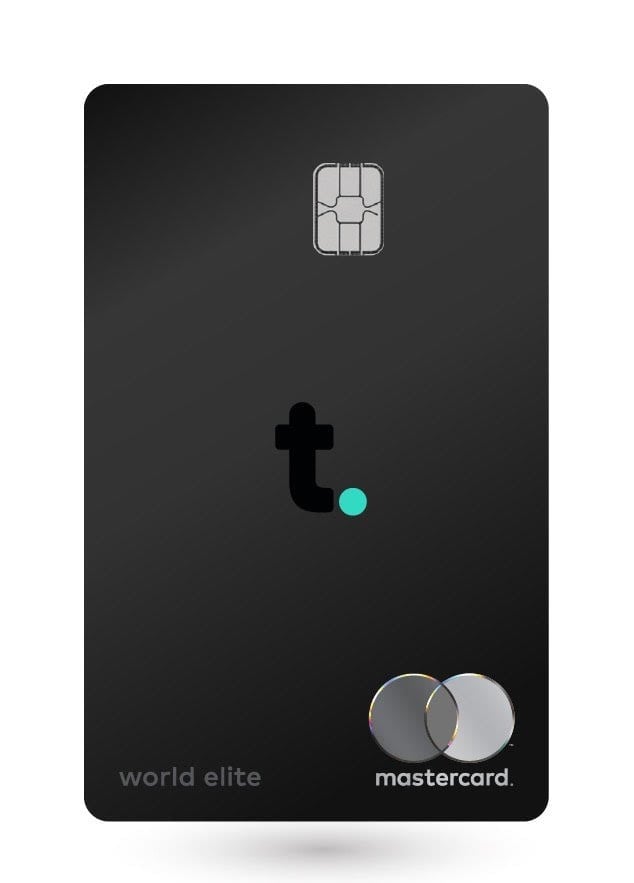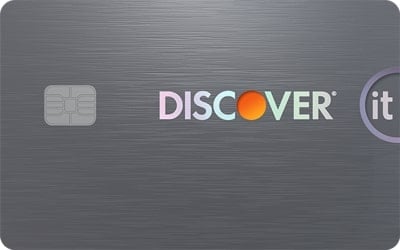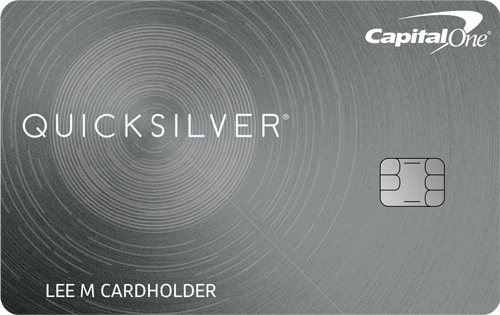5 Things to Know About the Milestone Credit Card

Many or all of the products featured here are from our partners who compensate us. This influences which products we write about and where and how the product appears on a page. However, this does not influence our evaluations. Our opinions are our own. Here is a list of our partners and here's how we make money.
Contrary to its name, the Milestone credit card isn't exactly worthy of note.
While it's gettable without a security deposit and can help you build credit, there are far less expensive options — even among credit cards for bad credit (around a score of 629 or lower).
Still, if you already have the Milestone credit card, take heart. It isn’t made of Styrofoam, or a mother’s love; it won’t last forever (unless you want it to). You can cancel the card — a process we explain in greater detail below — and replace it with another card that has friendlier terms.
Here are five things to know about the Milestone credit card.
The Milestone card is one of several cards — including the Destiny card and Indigo card — serviced by Genesis Financial Solutions and marketed toward those with poor credit. These cards all tend to charge hefty fees.
1. There are multiple Milestone cards, but all have an annual fee
The Milestone credit card comes in a variety of flavors, and you won’t know which version you’ll get until you fill out Milestone’s pre-qualification application. You may receive an offer for one of the following credit cards:
Milestone Mastercard — 300 (Annual fee: $35).
Milestone Mastercard — 301 (Annual fee: $75 the first year; $99 thereafter).
Milestone Mastercard — 322 (Annual fee: $59).
Pre-qualification doesn't involve a hard pull on your credit report, so the process won't lower your credit scores. If you qualify for one of the cards, you’ll learn the credit line, annual fee and other terms and conditions of that card. Those satisfied with the offer can submit a formal application for the card, which will then trigger a hard inquiry.
A $35 annual fee isn't unreasonable for an unsecured credit card for bad credit — but again, you may be eligible only for the more expensive versions. And it's possible to find credit cards for limited credit that don’t charge any annual fee.
One example is the Tomo Credit Card. It doesn’t allow you to carry a balance, so you don’t have to worry about APR charges, either. There's no credit check required, and the card also earns rewards.
2. And the costs may not stop there
The three Milestone credit cards above accept applications directly on the Milestone website, but around 20 more versions of the card actually exist, available by direct offer or on certain other websites.
These versions may differ wildly from the three cards described above, in key ways. On the plus side, some versions may earn limited rewards. But on the minus side:
Some have different annual fees, as outlandish as $175 in the first year.
Some have much higher APRs, as dizzying as 35.9% (at the time of this writing).
Some also charge monthly fees (sometimes called "maintenance fees") that can add up to $150 — and that's on top of the card's annual fee.
But regardless of which Milestone card you have, take note: If you spend more than the credit limit on your Milestone credit card, it'll also be possible for you to incur an overlimit fee of up to $40, which is notable because overlimit fees have otherwise been essentially extinct for many years.
Milestone notes that you can't be charged this fee unless you opt in to "overlimit coverage," but other issuers will sometimes allow you this courtesy without requiring a fee for it.
Regardless, you won’t have to look very hard to find a credit card without overlimit fees, either because they never charge them or because they don't allow spending beyond your credit limit in the first place. The Petal® 1 "No Annual Fee" Visa® Credit Card or Discover it® Secured Credit Card are solid options for people with bad credit.
3. Credit limits are fairly low
Speaking of going over your credit limit, that'll be easier to do than you might imagine. For all three Milestone credit cards available directly on the Milestone website, the credit limit is $300. (For other versions of the card, it might be as high as $1,000.)
For some cardholders, $300 would barely cover a month’s worth of groceries, making those previously mentioned overlimit fees more likely. But the problem doesn't stop there.
Your Milestone card’s annual fee further limits your access to credit. Say you have the version of the Milestone credit card with a $300 credit limit and a $75 annual fee in the first year. That means your credit limit is effectively $225 until you pay off the $75 charge. Beyond that, your credit utilization ratio — the amount of available credit you're using, and a major factor in your credit scores — is at 25% right off the bat. Experts recommend keeping that percentage at 30% or lower.
Higher credit limits are possible, especially if you're able to come up with the deposit necessary for a secured credit card. (The deposit, which is refundable, sets your credit limit.) For example, the Capital One Quicksilver Secured Cash Rewards Credit Card requires a minimum $200 security deposit, but a $3,000 max is also possible if you have the funds.
If a security deposit is out of reach for you, the Tomo Credit Card doesn't require one, and it has a maximum $10,000 credit limit. However, your limit will depend on various factors, including your income.
4. It's not without some positives
Many cards for people with bad or no credit require a security deposit (see above). Those deposits are refundable, but they can be hundreds of dollars — a potentially serious roadblock to credit for many people. The Milestone credit cards are unsecured products, so no security deposit is required.
Milestone cards are also Mastercards, so they'll be usable anywhere that Mastercard is accepted.
And because the Milestone credit cards report to all three major credit bureaus, they can help you build your credit.
If you want to cancel the card, you’ll need to notify the issuer. Simply removing the card from your wallet and not using it anymore is not enough. If the Milestone credit card is active but not in use, you’ll still be charged the annual fee.
5. It’s possible to cancel the card and get your annual fee back
The pangs of buyer’s remorse that may set in after getting a Milestone credit card can be cured in a few ways. In the best-case scenario, you’ll cancel the credit card before you’ve used it for purchases or cash advances; that way, Milestone will refund the annual fee.
If you’ve already used the card, you can still cancel it, but you'll have to pay off the balance first. And note that canceling a card doesn't undo the temporary hit to your credit scores as a result of the hard inquiry that was required to apply for the card.
Still, while canceling a credit card can damage your credit scores in more than one way, there are scenarios where it may be worth it. The Milestone credit card levies hefty fees, some of which its competitors do not, and it does not offer many perks. There's also no upgrade path to a better card when you and your credit scores are ready.
In the long run, rather than paying an annual fee for a card that doesn't meet your needs, it may be more financially beneficial to close it and accept the dips to your credit scores, which will be temporary.
Find the right credit card for you.
Whether you want to pay less interest or earn more rewards, the right card's out there. Just answer a few questions and we'll narrow the search for you.





